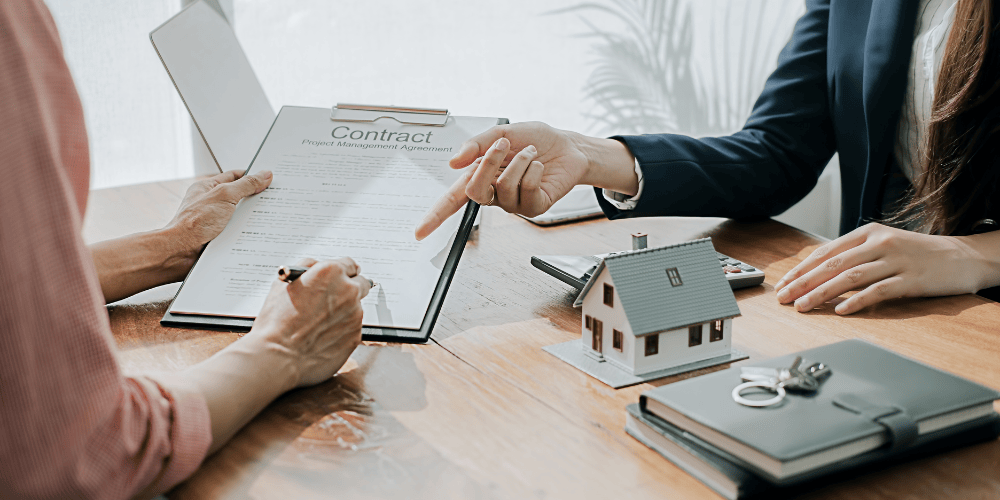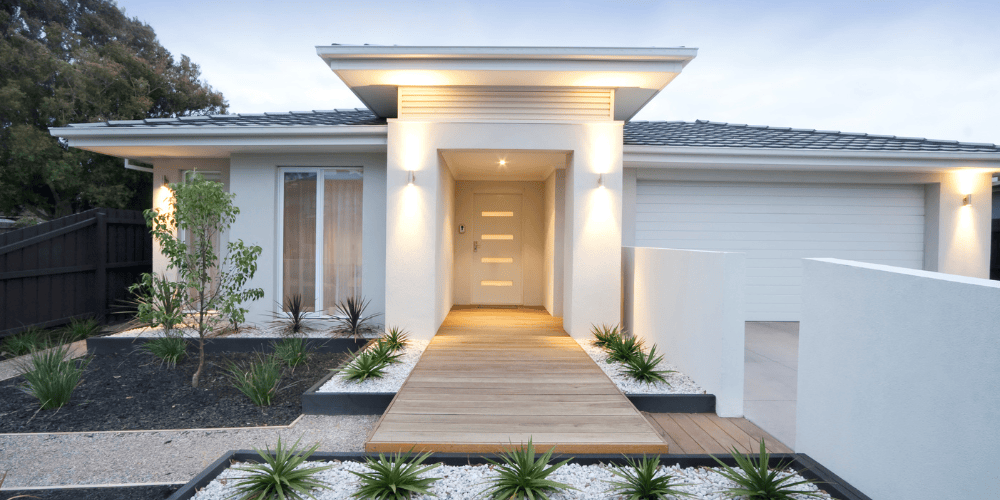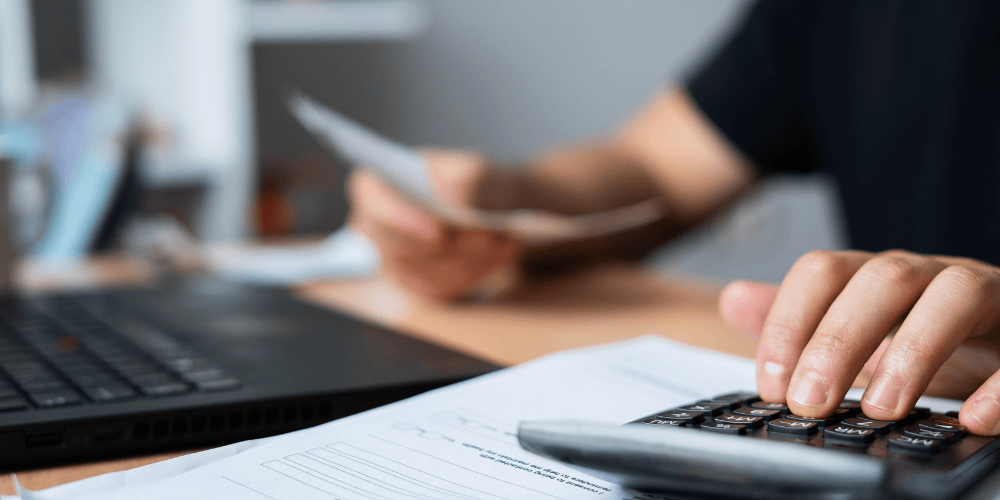Buying a home can be a long process which takes years of planning and saving to get a “foot on the property ladder”. Once you have saved your deposit and have a finance pre-approval, it is easy to forget that the cost of home ownership doesn’t just stop at the mortgage repayments. With the current rising costs of living, if you are not prepared these extra costs can creep up on you quickly which is why it is important to understand what you will need to budget monthly and annually for your home ownership.
Within this article, we’re going to outline the costs you need to consider when you buy a home – breaking down the true cost of home ownership in Australia, beyond the deposit you’ve just put down.
The Costs of Home Ownership: Upfront Costs
There are a number of up-front costs when buying property, such as:
Transfer duty or stamp duty
This is based on the value of your home and varies state-to-state. There are a number of Government incentives available for stamp duty relief. If you visit your State Government website, you will be able to calculate the approximate stamp duty for your purchase as well as see whether there are any incentives which you qualify for.
Lenders’ Mortgage Insurance (LMI)
LMI is applicable if you’re borrowing more than 80% of your home’s purchase price. This is an additional cost that protects the bank, not you. To avoid paying LMI, the deposit you can put down to purchase your home should be 20% or more.
Pest, building, or strata reports
It is highly advisable to order a building and pest report when buying a property to uncover whether there are any major defects, as well as become aware of any minor defects that may need repair. This is a one off additional report.
If purchasing a property under a body corporate, the strata report will tell you important things such as any major building repairs required, how much the body corporate fees are, and how much money is put aside in the building’s sinking fund (to cover maintenance and any repairs required).
Legal or conveyancing fees
The costs of reviewing and executing legal contracts to purchase the property.
Mortgage registration fees
This is the cost to set up your mortgage.
Loan application fees, including independent valuers’ fees
These costs are required for your loan application.
Tax and registration of title
This is required to register the property title in your purchase name
Ongoing Costs of Owning a Home
The big expense: Mortgage
Of course, your mortgage costs are the largest expense to home ownership. If you are a home owner, or soon to be, you will get pretty familiar with the jargon associated with holding a mortgage.
Having an experienced mortgage broker working with you will help you to understand the best interest rate and loan structure for your needs.
If you have a variable interest rate, it is important to keep an adequate amount of savings aside should interest rates start to rise. If you choose a fixed interest rate, then your monthly payments will be more reliable but keep in mind that your fixed rate won’t last forever and be prepared to renegotiate once it reaches the expiry.
Most mortgage holders choose a mixed interest rate, meaning some of their loan is fixed whilst the other portion is variable.
Council rates
The amount of council rates will be dependent on your properties location and size. Each council will have different fees based on the services they provide (like roads maintenance, bin collections, community services, etc.) These are usually paid quarterly. When considering on a weekly cost level, according to Government websites, the average council fees are: $25/week in NSW, $28/week in QLD, $29/week in SA.
Body Corporate fees
If you live in an apartment, or a complex with shared space than it is likely that you will have Body Corporate fees which go towards the common areas (gardens, walkways, lifts, external building, etc.) to cover the building maintenance and any repairs.
You should keep a close eye on how the strata fees are being managed and spent, as well as what the balance of the complex’s “sinking fund” is because if anything should go awry- the sinking fund should be adequate to cover the costs and if it isn’t, the owners will need to cover the excess.
Home Insurance
Home insurance is a must in order to protect your most expensive asset! You will want to have this in place prior to settlement and in fact, some lenders may not approve your loan without home insurance in place.
If you are buying an apartment or unit you won’t need building insurance (as it’s the responsibility of the building’s owner) but you may want to consider contents insurance to protect the belongings inside your home.
Utilities
The utilities which you will be paying for will be gas, water, electrical, and internet. You can usually get an idea of what these costs typically are before you buy a property in order to incorporate these costs into your household budget.
Utilities will fluctuate depending on usage and therefore different times of the year will be more expensive (like heating in winter), so always keep some cash aside “for a rainy day”. These costs can also be reduced if you are careful about your usage and take advantage of “off peak” rates.
Irregular costs:
Maintenance
There will be small maintenance expenses for normal wear and tear, like replacing light bulbs, fixing a blocked pipe, replacing worn fixtures, etc. But, you may also encounter some expensive costs like hot water systems, major plumbing or electrical issues which can give you a shock when you are hit with an unexpected, but necessary bill to pay. Always keep a buffer in your savings so you do not need to stress too much when these unexpected costs arise.




